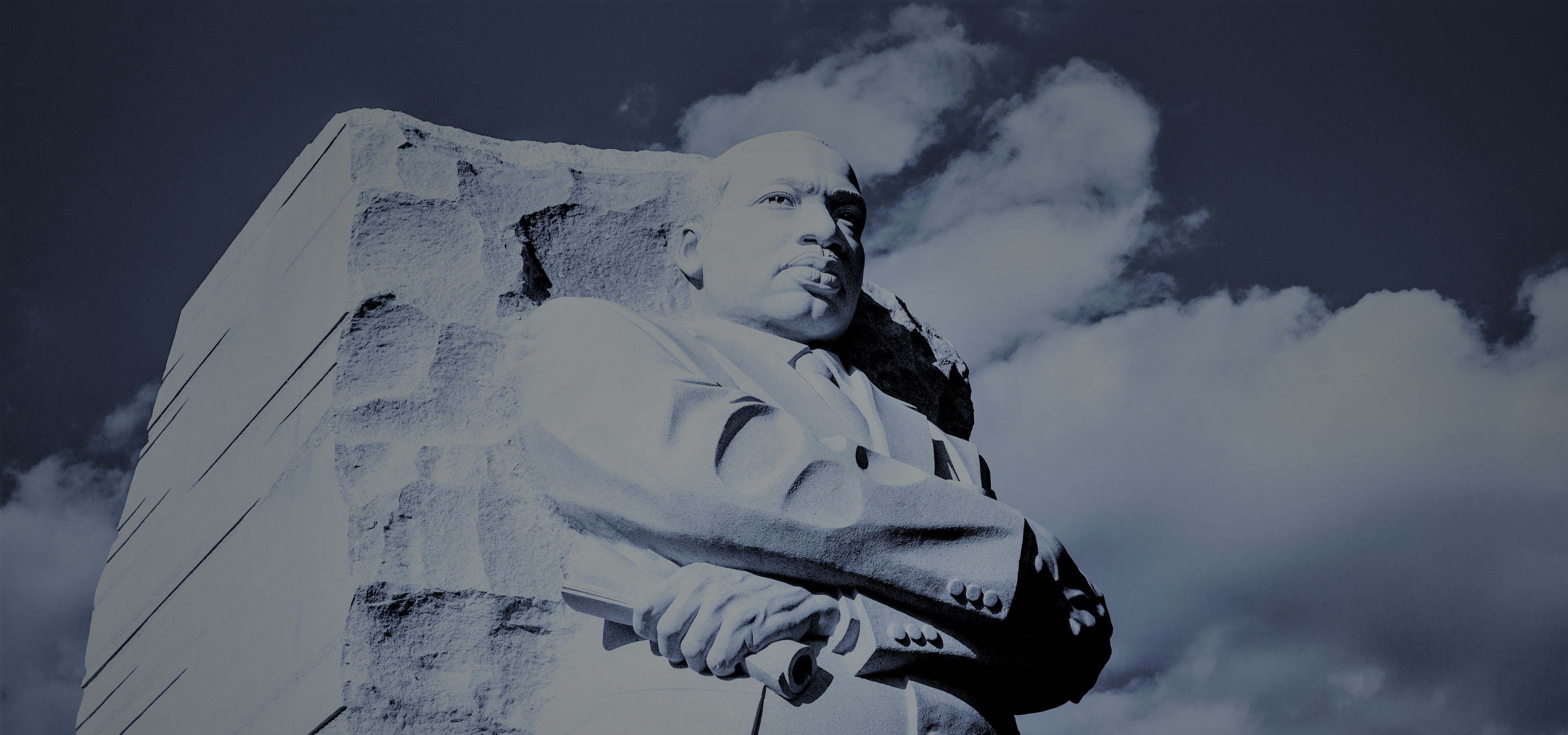
Hundreds attended Duke University’s annual Martin Luther King Jr. commemoration on the American national holiday yesterday.
Martin Luther King (MLK) Day is observed on the third Monday of January each year, which is around King’s birthday, January 15. A national official day of service in the USA, citizens are encouraged to volunteer their time and service in honor of King.
King is the great American leader in the nonviolent Civil Rights Movement which successfully protested racial discrimination in federal and state law. MLK Day was signed into law in 1983 by President Ronald Reagan and observed 3 years later. In 2000, it was finally observed officially in all 50 states for the first time.
This year’s theme at Duke University’s commemoration was “Building on a Legacy of Civil Rights: Arts, Architecture, and Activism”.
“Duke University’s 2017 Martin Luther King Commemoration Committee is guided by the understanding that modern architecture stands at the intersection of activism, human rights, and inclusion,” the program states.
Duke University faculty member Benjamin D. Reese Jr. underscored what King stood for: “Dr. King stood for peace, but he also stood for activism and the ability of people to really impact and change the system in a direction of freedom, equity, and fairness,” he said.
Sunday’s speakers paid homage to those aspirations, giving examples from their line of work.
Keynote Speaker Phil Freelon: Each of us must find our own way to keep Dr. Martin Luther King Jr's dream alive. @pfreelon #MLKday #DukeMLK pic.twitter.com/Y0QlHDNacf
— Duke Environment (@DukeEnvironment) January 15, 2017
Sunday’s keynote speaker, Durham architect Phil Freelon, focused on how architecture was one method to keep King’s dreams alive. Freelon said architecture can create environments that are uplifting, inspiring, and set the tone for sharing knowledge and facilitating cultural exchange.
“There were then – as there are now – also significant accomplishments and movement toward the unity that Dr. King so often spoke of,” Freelon said. “Each of us must find our own way to keep Dr. King’s dream alive and help move this nation toward his ideal vision of America.”
“As an architect, I can do it in certain ways. If you are a writer, you can do it in other ways. If you happen to be an educator or musician, we need to find ways to use our own talents to make these dreams come alive,” Freelon added.
Tiana Horn, president of Duke’s Black Student Alliance, also described architecture as powerful and important.
“It takes an empty space and makes it a place that is inhabitable,” Horn said. “It builds the foundation for who we let into our society and who we try to let out.”
Geoff Hathaway, a musician and former Orange County arts commissioner, spoke of art and its potential to unite people.
“The same struggles that we see in the Civil Rights era, we see it in the arts community as artists,” Hathaway said. “There’s going to be a struggle in the arts just as there’s a struggle in civil rights issues – and there is a connection – but it is the arts that breaks the barrier quicker than any other barrier to be broken.”
Duke president Richard Brodhead summed up the spirit of MLK Day with these words: “To me personally, MLK Day is the day when we get together to celebrate what has been accomplished, to remind ourselves what has not yet been accomplished to recommit ourselves to the work of doing our share of the accomplishment to the end of that story.”
Liked this? Then you’ll love these…
Future Leaders, Not Immigrants : 5 Famous People Who Studied In the UK
The importance of performing arts in an interconnected world







